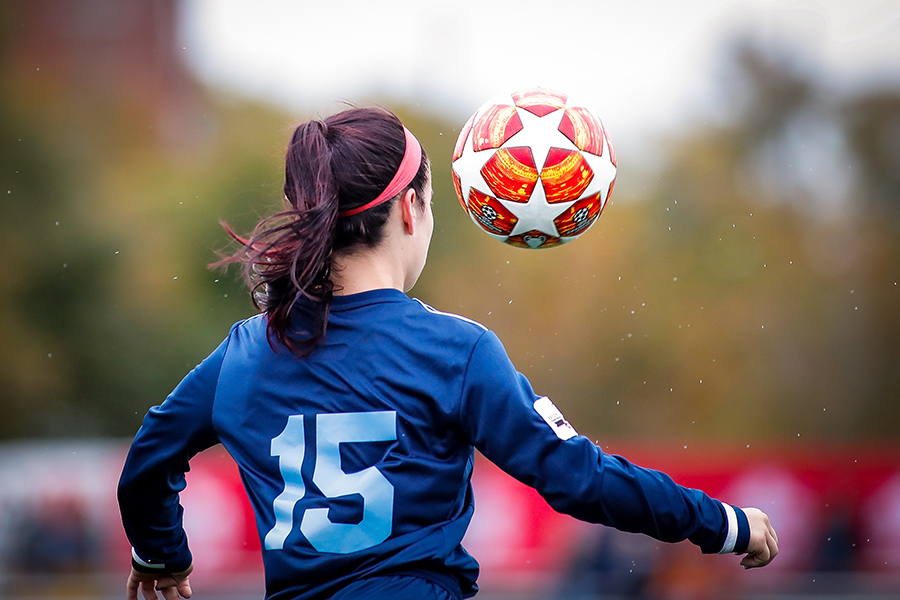With initial discussions taking place just over a year ago, an agreement will now come into effect, immediately closing the pay gap between men and women in Welsh senior football. Although at a cost to Wales men’s senior team, they have welcomed a 25% pay cut to enable a 25% rise for the women’s team, reiterating that “Together Stronger has been the mantra across the Cymru national teams for us all”.
Previous reports indicate that the gender pay gap in football is worse than in politics, medicine and space exploration. This is not to say that women cannot earn a living in sport, but the inequality in pay between men and women is startling, and quite possibly the most unequal profession in the world.
Against this backdrop, the FAW have been striving towards equality, and the equal pay structure, expected to run until 2027, is proof that they are determined and committed to making every effort to equalise the sport for men and women. This decision puts Wales up top amongst other nations such as England, Norway, Australia, Brazil, United States, Sweden and Canada who have all committed to pay their players the same international match fee, irrespective of their gender.
Equal pay is still a work in progress for other nations and we could still be some distance away from achieving a level playing field across the UK. At the end of 2022 it was reported that Scotland women’s national football team brought claims to the Employment Tribunal against the Scottish FA to fight for their rights in equal pay and conditions.
Equality in football – the long game
The gender pay gap in national teams is, arguably, only a small part of the problem. It’s not just about equal pay, it’s the message that comes with it about equality, the limitations and discrimination women have and continue to face in sport. This applies to both professional players and at grassroots level, as a result of decades of institutional and social barriers.
Women in football are often faced with not only low pay, but also short contracts and poor working conditions. This can make it an unattractive (if not entirely impractical) career choice for girls considering working in football as a profession.
It seems that whilst other sports (tennis, cricket etc.) have moved forward, football is still playing catch up. It is only in the last few years that Football Associations have recognised the importance of establishing better working conditions and employment protections for female players and coaches. For example, new rules were implemented by FIFA in January 2021, in relation to maternity rights and pay. These rules require clubs to provide 14 weeks’ pay to their professional players. Prior to this, maternity leave and pay for players and coaches would be at the discretion of each individual club (subject of course to any statutory obligations on that club).
The measures taken by FIFA on maternity pay, although criticised for not going far enough (see, for example, Reading captain Emma Mukandi’s comments here), highlight that employment protections for women in football are starting to head in the right direction. The measures taken by the likes of the FAW help to reinforce the direction of travel and encourage clubs across Wales to think carefully about how they are treating their female teams – which can only be something to celebrate. The landmark decision is important not only for Welsh football, but hopefully all sports, opening up the playing field for women and girls across Wales and further afield.
If you have any questions about gender issues, pay equality or the rights of your employees, please contact our employment team.




